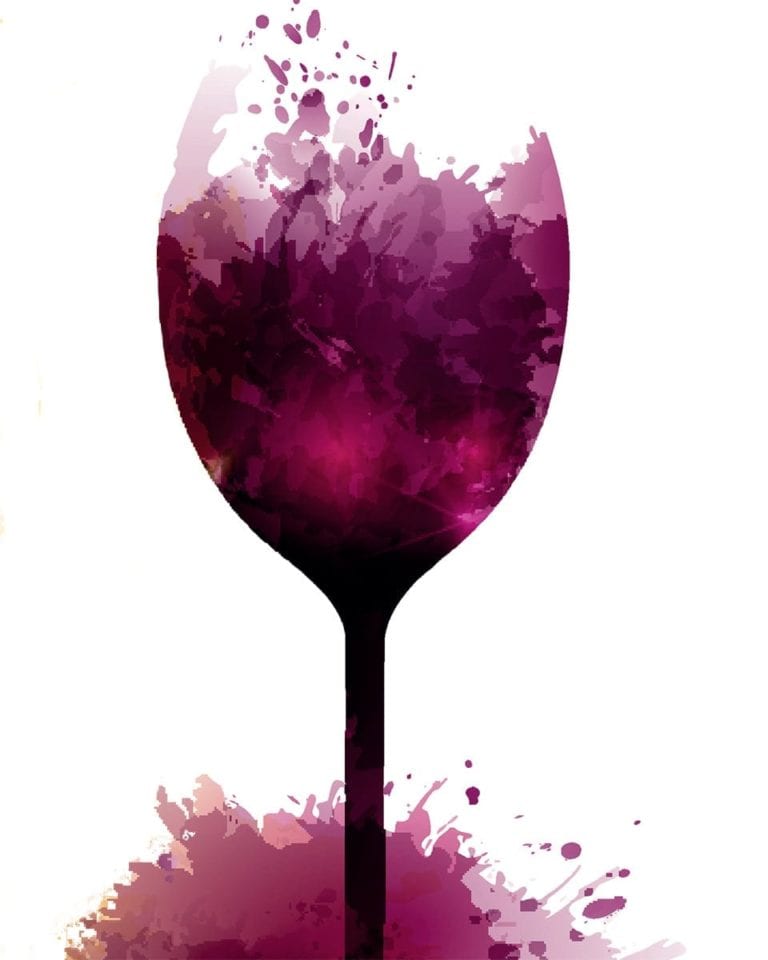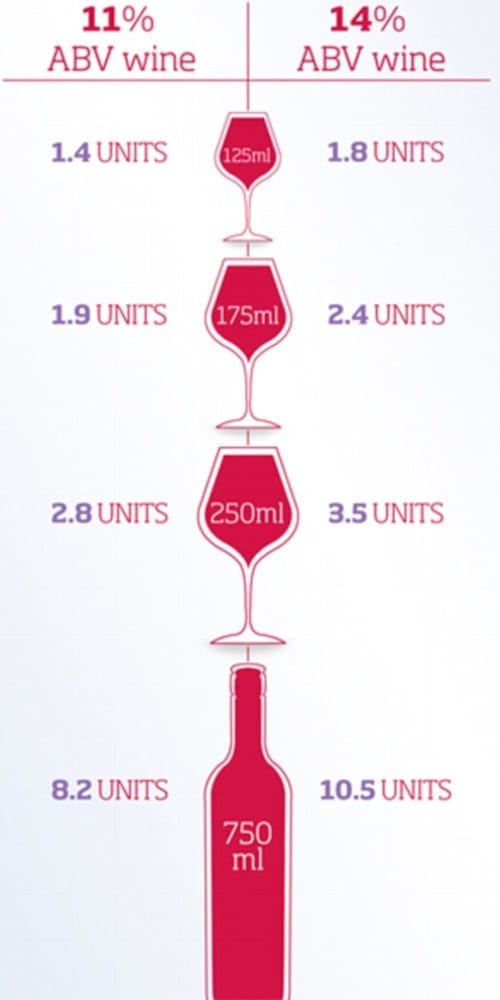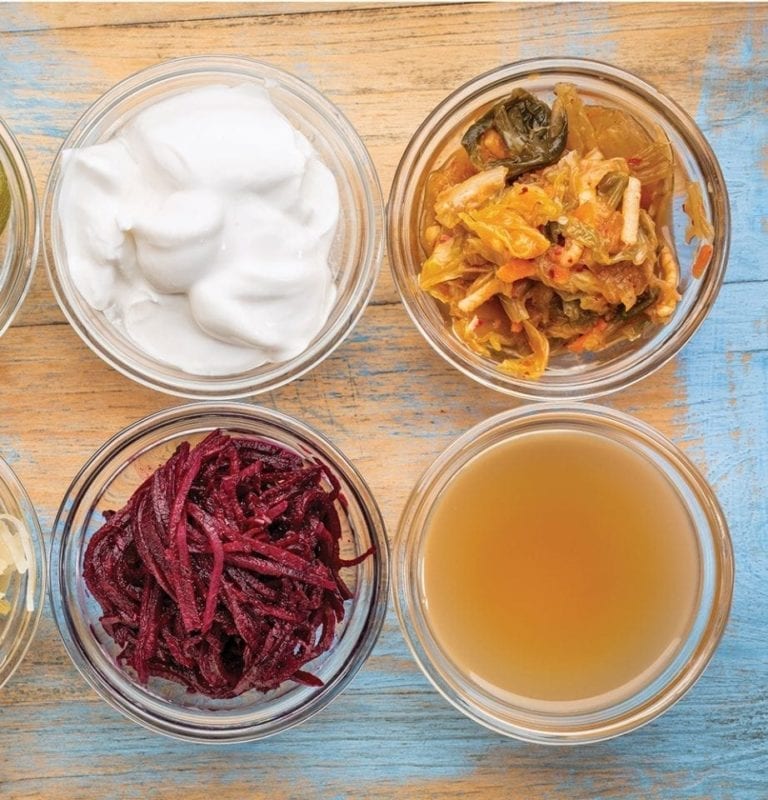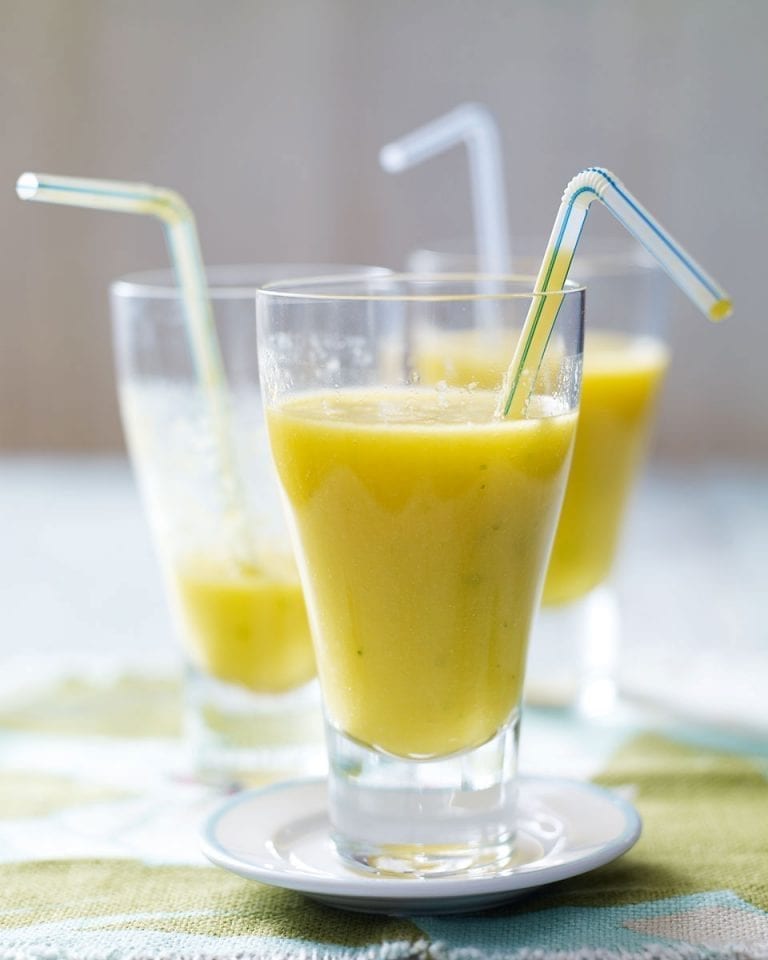Is red wine a health food?
A low-to-moderate intake has long been hailed as a way to protect against heart disease, yet official advice states there are no grounds for drinking any form of alcohol for health reasons. So can a good bottle of cabernet sauvignon keep our arteries unclogged, or do alcohol’s risks outweigh any benefits? Sue Quinn uncorks the debate

For decades, studies have suggested that drinking a modest amount of wine can be good for the heart. Research in the late 1970s published in The Lancet medical journal found that certain countries had relatively low levels of heart disease despite diets high in saturated fat. The study attributed this phenomenon to high intakes of wine, and later research dubbed this the French Paradox.
A slew of studies followed that supported the links between red wine and heart health.
The world loved the idea that red wine could mitigate the effects of gorging on cheese, dairy and red meat, and media headlines implied this link was proven. But shortcomings in the research were soon identified. Some scientists pointed out that the link was based on epidemiological studies, which are the least reliable form of scientific research (in that they can’t prove that a specific risk factor actually causes the disease being studied – or the reverse), so did not actually prove red wine protected our hearts against disease. Other factors, they said, might have contributed – French eating patterns, for example, were based on the Mediterranean diet, recognised as one of the healthiest, being rich in fresh fruit, vegetables, grains, olive oil, lean meat and seafood.
The studies did, however, identify certain compounds in red wine that might have potential health benefits. But are there sufficient quantities of them in a low-to-moderate intake of red wine to have any real effect? Is red wine more beneficial than other forms of alcohol? And do any benefits outweigh the undisputed health risks associated with drinking?

What we know
An excessive intake of any alcohol, including wine, is known to increase the risk of serious diseases. Alcohol is one of the most well established causes of cancer, and the World Health Organisation has classified it as a Group 1 carcinogen since 1988. A study published this year found that drinking too much alcohol causes 3 per cent of all cancer cases in the UK, and it’s
now known that any level of drinking, even in small amounts, can increase the risk of mouth, throat and breast cancers.
New alcohol guidelines came into effect in the UK in 2016 (see right). These reflected recent research on the dangers of drinking and ‘a weakening of the evidence’ relating to the supposed health benefits of an occasional tipple. So where do the health claims about red wine come from and is there any basis to them at all?
Chemical allies?
Red wine contains hundreds of chemicals and one group called polyphenols has been extensively investigated for its antioxidant and anti-inflammatory properties. Resveratrol, found in the skins of red grapes, is a polyphenol of particular interest to scientists.
Dr Emma Wightman from the Health and Life Sciences faculty at Northumbria University explains resveratrol improves blood flow around the body and the brain by increasing the production of nitric oxide, which widens blood vessels. “Blood provides oxygen and glucose to the brain and active muscles,” Dr Wightman explains. “Resveratrol is able to piggy-back on this process to boost it further.” She says there is no evidence that resveratrol can help us live longer, but her research at the Brain Performance and Nutrition Research Centre at Northumbria University suggests it might boost mental performance in people aged 50-70 (although not in healthy younger people). However, these human studies used concentrated forms of resveratrol and one would need to consume vast – indeed toxic – quantities of red wine to match these doses. The Centre will report its findings on resveratrol and brain function later this year.
"One large glass of 14% ABV wine is a whopping 3.5 units"
Help to heart health?
Last year researchers from Queen’s University in Ontario, Canada reviewed all the available research about wine and heart health. They found ‘mounting evidence’ that a low-to-moderate intake of alcohol – 1-2 drinks [1 drink = 341ml 5% ABV beer; 142ml 12% ABV wine; 42ml 40% ABV spirits] per day – could protect against chronic cardiovascular diseases. They concluded there was no consensus about which type of alcohol was best, but the combination of alcohol and polyphenols in wine appeared to be particularly effective. Proof that low-level red wine consumption is good for us? Unfortunately it’s not that simple.
No net benefits
In April this year a major study published in The Lancet found that the risk of death from alcohol-related diseases began to increase in those drinking more than 100g of pure alcohol per week, the equivalent of 12.5 units in the UK (see box right). Lead author Dr Angela Wood from Cambridge University says the study did find a lower risk of heart attack among those who drank more alcohol. But this benefit needed to be balanced by a higher risk of other potentially fatal diseases including stroke, heart failure, fatal hypertensive disease (high blood pressure) and fatal aneurysms. Dr Wood accepts that balancing the good and bad aspects of drinking alcohol is difficult. “At an individual level we should not overinterpret an alcohol level in which the harm starts to outweigh the cardiovascular benefits, since there are many other factors related to different types of cardiovascular disease.” She concedes there may be other ‘hard to measure’ benefits of drinking alcohol, including those of relaxing, socialising and de-stressing. “It’s important to inform people of these pros and cons so we can make our own lifestyle decisions,” she says.
Tracy Parker, senior dietician at the British Heart Foundation, says it’s clear that, on balance, alcohol poses health risks, particularly if you’re drinking more than recommended guidelines. “When you take all the health risks into account there’s no net benefit from drinking any amount of alcohol.”
Parker adds there is no good evidence to prove that red wine offers any better heart protection than other alcoholic beverages.

The bottom line
A low to moderate alcohol intake may offer protection against some forms of heart disease, according to some scientific research. There is no solid evidence that red wine confers more health benefits than other alcoholic drinks, although it does contain compounds that might be heart-protective. Any benefits from a low intake of alcohol, however, are outweighed by the risks, as drinking is also linked to increased risk of some kinds of heart disease, liver disease and cancer. The less you drink, the better for you.
UK alcohol guidelines
The department of Health issued new guidelines in 2016. To reduce heath risks, men and women are advised not to make habit of drinking more than 14 units per week. It’s advised that the units are spread over three or more days and to have a few alcohol-free days each week.
True or False?
The latest research suggests drinking much over the UK recommended limits can reduce life expectancy and increase the risk of serious disease: TRUE
High consumption of red wine is the proven reason why heart attack rates in France are lower than expected given the high saturated fat intake: FALSE
Chemical compounds in red wine may have some health benefits for humans: TRUE
Low levels of alcohol consumption are completely safe: FALSE
Subscribe to our magazine
Food stories, skills and tested recipes, straight to your door... Enjoy 5 issues for just £5 with our special introductory offer.
Subscribe
Unleash your inner chef
Looking for inspiration? Receive the latest recipes with our newsletter


